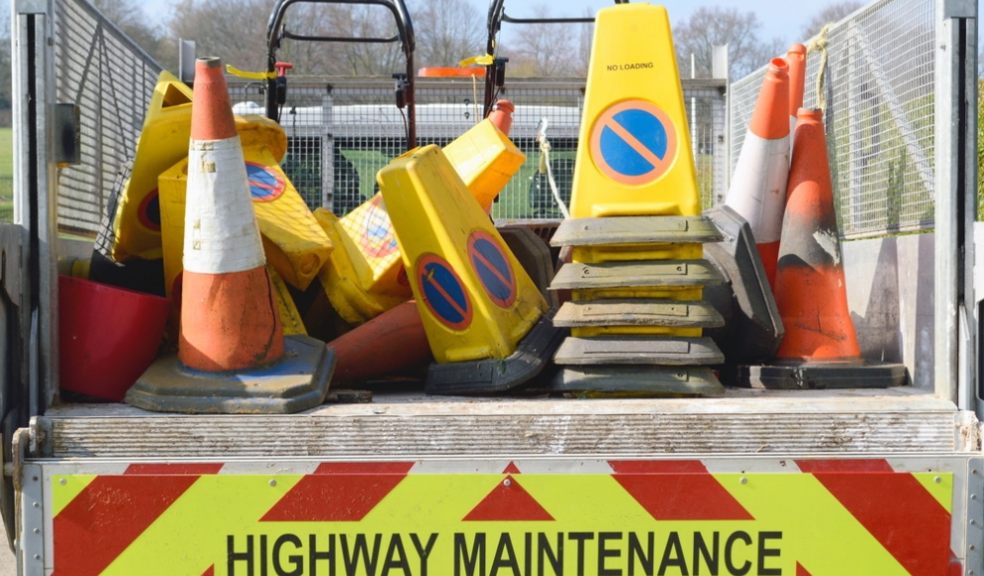
Highway maintenance budgets agreed but programme could be impacted by lockdown
The coronavirus lockdown and its after-effects are likely to impact on the delivery of the County Council’s highway maintenance schemes this year, councillors heard today (Wednesday 13 May).
The caution comes as Devon County Council’s Cabinet set out the authority’s capital and revenue budgets for highway maintenance for the current financial year.
The lockdown prompted many contractors, suppliers, quarries and material manufacturers to temporarily close, and by the end of March most highways work was limited to essential safety work. Some schemes from last year have had to be deferred to this year, and it may also result in some of this year’s programme being carried over to the following year.
The Council will receive new funding of £43.052 million from the Department for Transport towards its capital budget in 2020/21 to deal with planned structural maintenance on Devon’s 8,000 miles of roads - the biggest highway network of any authority in the country.
This includes settlements from the Local Transport Plan allocation, Incentive Funding, and Pothole Action Fund.
The programme will provide £6.8 million for resurfacing and patching of A-roads and more than £4.7 million for patching and surfacing B roads and minor roads. A further £2 million has been allocated to operate four "Dragon Patchers" around the county as an additional option for the repair of small to medium size potholes.
Over £1.3 million will be invested to upgrade the condition of pavements, £1 million will be used to replace safety barriers and £1.2 million will be spent on improving skid resistance on some of the county’s roads.
In support of Devon’s Carbon Reduction Plan and to reduce energy costs, £8.5 million has been allocated to convert the county’s remaining 45,000 streetlights to LEDs over the next three years. Around 7,000 streetlights were converted over the past year. When the LED conversion programme is complete, the carbon footprint of Devon’s streetlights will have reduced by 75% compared with 2008, when the county’s part night lighting policy was first introduced.
Devon has more bridges than any other local authority in the country and more than £9 million is being invested this year in Devon’s bridges and other structures, such as retaining walls.
Councillors also agreed a revenue budget of just over £26 million to fund reactive work such as pothole repairs, winter gritting and routine maintenance such as clearing highway drainage, gully emptying and streetlight repairs. This includes an additional £2 million for drainage improvements.
The unprecedented level of rainfall over the autumn and winter, which included three consecutive storms, caused extensive damage to Devon’s road network and increased the number of potholes compared with the same time last year.
However, the combination of an improved inspection process and the increased use of the Dragon Patchers to repair potholes, is helping to reduce the amount of safety defects across the county.
Councillor Stuart Hughes, Devon County Council Cabinet Member for Highway Management, said: “It's no surprise that the coronavirus pandemic is having an impact on the highway revenue programme as it has reduced the availability of materials and resources from supply chains and contractors. Skanska, our maintenance contractor has continued to provide all our safety critical highway works with new safety regulations such as social distancing.
“I’m pleased that the highway revenue budget has been increased and includes an additional £2million to address drainage related issues. It has been an extremely wet winter with several storm events, so this additional funding to control and remove water from the network is very welcome.
“The condition of our road network is more vulnerable and less resilient to severe weather impacts than we would like. This is a national issue and I am pleased that the Chancellor recognised this in his budget and agreed to an increase in highway maintenance funding. We look forward to announcements about our allocation.”

















